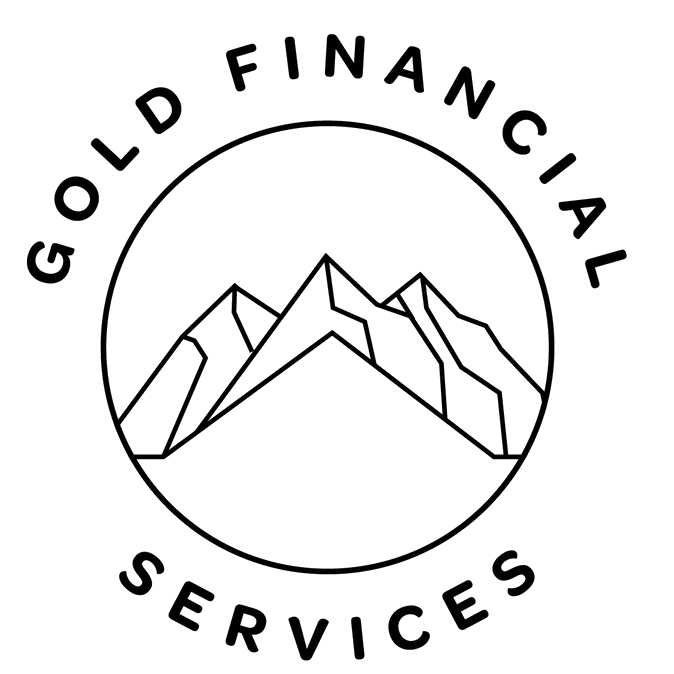Bank of Canada Rate Announcement Jan 26th, 2022

Bank of Canada maintains policy rate, removes exceptional forward guidance.
FOR IMMEDIATE RELEASE
January 26, 2022
The Bank of Canada today held its target for the overnight rate at the effective lower bound of ¼ %, with the Bank Rate at ½ % and the deposit rate at ¼ %. With overall economic slack now absorbed, the Bank has removed its exceptional forward guidance on its policy interest rate. The Bank is continuing its reinvestment phase, keeping its overall holdings of Government of Canada bonds roughly constant.
The global recovery from the COVID-19 pandemic is strong but uneven. The US economy is growing robustly while growth in some other regions appears more moderate, especially in China due to current weakness in its property sector. Strong global demand for goods combined with supply bottlenecks that hinder production and transportation are pushing up inflation in most regions. As well, oil prices have rebounded to well above pre-pandemic levels following a decline at the onset of the Omicron variant of COVID-19. Financial conditions remain broadly accommodative but have tightened with growing expectations that monetary policy will normalize sooner than was anticipated, and with rising geopolitical tensions. Overall, the Bank projects global GDP growth to moderate from 6¾ % in 2021 to about 3½ % in 2022 and 2023.
In Canada, GDP growth in the second half of 2021 now looks to have been even stronger than expected. The economy entered 2022 with considerable momentum, and a broad set of measures are now indicating that economic slack is absorbed. With strong employment growth, the labour market has tightened significantly. Job vacancies are elevated, hiring intentions are strong, and wage gains are picking up. Elevated housing market activity continues to put upward pressure on house prices.
The Omicron variant is weighing on activity in the first quarter. While its economic impact will depend on how quickly this wave passes, it is expected to be less severe than previous waves. Economic growth is then expected to bounce back and remain robust over the projection horizon, led by consumer spending on services, and supported by strength in exports and business investment. After GDP growth of 4½ % in 2021, the Bank expects Canada’s economy to grow by 4% in 2022 and about 3½ % in 2023.
CPI inflation remains well above the target range and core measures of inflation have edged up since October. Persistent supply constraints are feeding through to a broader range of goods prices and, combined with higher food and energy prices, are expected to keep CPI inflation close to 5% in the first half of 2022. As supply shortages diminish, inflation is expected to decline reasonably quickly to about 3% by the end of this year and then gradually ease towards the target over the projection period. Near-term inflation expectations have moved up, but longer-run expectations remain anchored on the 2% target. The Bank will use its monetary policy tools to ensure that higher near-term inflation expectations do not become embedded in ongoing inflation.
While COVID-19 continues to affect economic activity unevenly across sectors, the Governing Council judges that overall slack in the economy is absorbed, thus satisfying the condition outlined in the Bank’s forward guidance on its policy interest rate. The Governing Council therefore decided to end its extraordinary commitment to hold its policy rate at the effective lower bound. Looking ahead, the Governing Council expects interest rates will need to increase, with the timing and pace of those increases guided by the Bank’s commitment to achieving the 2% inflation target.
The Bank will keep its holdings of Government of Canada bonds on its balance sheet roughly constant at least until it begins to raise the policy interest rate. At that time, the Governing Council will consider exiting the reinvestment phase and reducing the size of its balance sheet by allowing roll-off of maturing Government of Canada bonds.
Information note
The next scheduled date for announcing the overnight rate target is March 2, 2022. The Bank will publish its next full outlook for the economy and inflation, including risks to the projection, in the Monetary Policy Report on April 13, 2022.
Recent Posts





